
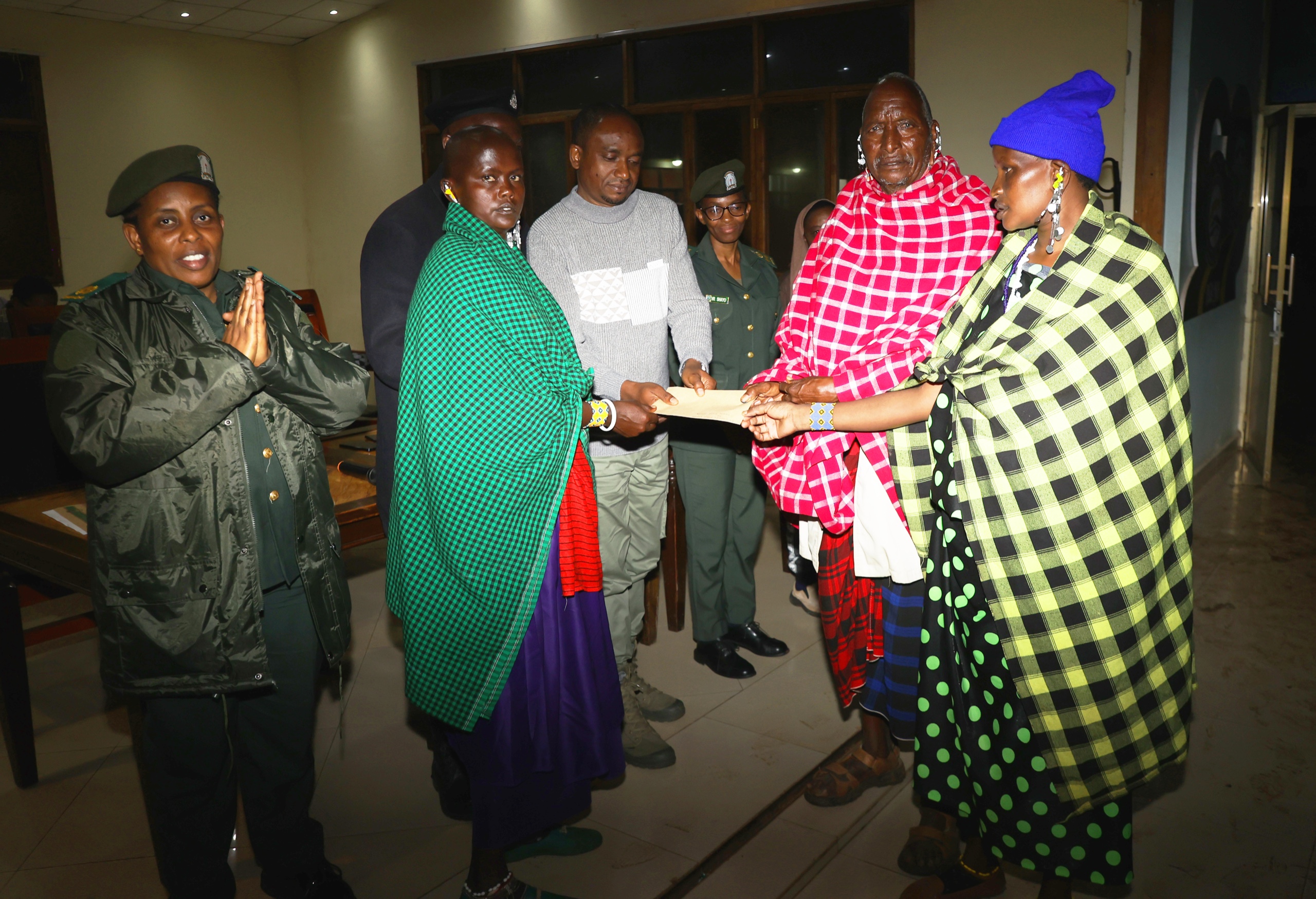
For nearly two years, the initiative to resettle residents living within the Ngorongoro Conservation Area (NCA) has been underway, with residents voluntarily choosing to move to Msomera village in Handeni district, Tanga region, or other selected locations.


This process is spearheaded by the Ngorongoro Conservation Area Authority (NCAA), which begins by educating the public about the resettlement exercise and its benefits.
Once a resident comprehends and agrees to the voluntary resettlement, they are registered before being moved.
According to Flora Assey, the project manager of this initiative, public education involves all residents of the Ngorongoro division through various methods, including public meetings, door-to-door campaigns, and local and national media.
Recent implementation reports by Ms. Assey indicate that the number of residents registering for voluntary resettlement has increased, driven by the awareness raised through public education.
Since the initiative began in June 2022, up to June 2024, a total of 1,519 households comprising 9,251 people and 38,784 livestock have moved from the Ngorongoro Conservation Area to Msomera village and other locations.
“Contrary to what some may suggest, we do not use force in this exercise; our approach is to educate residents so they can voluntarily choose to resettle, which explains the fluctuating pace of the resettlement as it depends on individual decisions, and our goal is not to hastily resettle people but to ensure they move with clear understanding and willingness,” said Ms. Assey.
Ms. Assey further explained that if the government were using force, the resettlement would have been completed by now.
However, because it is a voluntary exercise requiring a high level of precision, they spend considerable time educating residents to ensure those who decide to resettle do so happily.
“We only proceed with the resettlement after the resident fully understands the benefits, often observed through peers who have already resettled to Msomera or other chosen areas. This engagement makes us part of the community, as we are involved in educating the Ngorongoro division residents,” Ms. Assey added.
According to various documents from the Ngorongoro Conservation Area, the reserve was established in 1959, covering 8,292 square kilometers with approximately 8,000 residents and fewer than 260,000 livestock.
Currently, the area’s population is estimated to exceed 110,000, with over 800,000 livestock, a significant number of wildlife, and ongoing human activities, while the area size remains unchanged.
This situation affects the residents' livelihoods and increases human-wildlife conflicts, resulting in injuries and deaths caused by wild animals such as lions, elephants, buffaloes, hyenas, and hippos.
The imbalance in the NCAA's three core mandates—conservation, tourism, and community development—has been evident, as the government's efforts to enhance community development often negatively impact conservation activities.
As the government strengthens conservation efforts, residents' development is adversely affected due to the growing population and their increasing economic, social services, and other needs.
This imbalance has heightened conflicts, resulting in residents being injured by wild animals, livestock being preyed upon, and diseases like malignant catarrhal fever, rabies, and East Coast fever transmitted from wildlife to domestic animals like cattle, goats, sheep, and donkeys.
Speaking on the high motivation among residents to resettle to Msomera village in Handeni, Tanga, Ms. Assey said this is driven by government initiatives in the village and compensation offered to households willing to move voluntarily.
Among the incentives motivating residents to voluntarily resettle are compensation for developed properties within the reserve, a resettlement bonus of TZS 10 million for those moving to Msomera and TZS 15 million for those resettling elsewhere, and a three-bedroom house with a living room on a 2.5-acre plot.
“Other incentives include a five-acre titled farm for agricultural activities, free transportation of furniture and livestock to the resettlement site and ample grazing land in Msomera,” Ms. Assey noted.
According to Ms. Assey, the government has ensured that the resettled residents, mostly pastoralists, receive essential livestock services such as dipping tanks, water for domestic and livestock use, and other necessary services in line with its sustainable development goals to provide every Tanzanian with basic social services.
“Infrastructure for social services like health centers, schools, water, electricity, roads, communication networks, postal services, and livestock watering ponds are all available in Msomera village,” the coordinator stated.
To ensure that residents resettling to Msomera village enjoy freedom compared to life within the Ngorongoro reserve, the Handeni district council has been at the forefront of safeguarding their freedom to engage in economic activities like farming, business, building quality homes, and ensuring their security.
Handeni district commissioner Albert Msando, who chairs the district security committee, stated that students have greater freedom to travel to and from school than the reserve, as the area is free from dangerous wildlife.
“We receive residents from Ngorongoro almost every month, our main role as the government is to ensure their safety, so we have established a police station within Msomera village, allowing residents to conduct their economic activities 24/7,” said Mr. Msando.
He added that residents in Msomera enjoy greater freedom than life within the reserve, where laws and regulations prohibited farming, building permanent homes, operating motorcycles, and owning land.
The government, through the NCAA, continues to resettle voluntarily registered residents to improve their lives outside the reserve, away from the challenges of living alongside wildlife, thus avoiding attacks and fatalities from wild animals.
End.
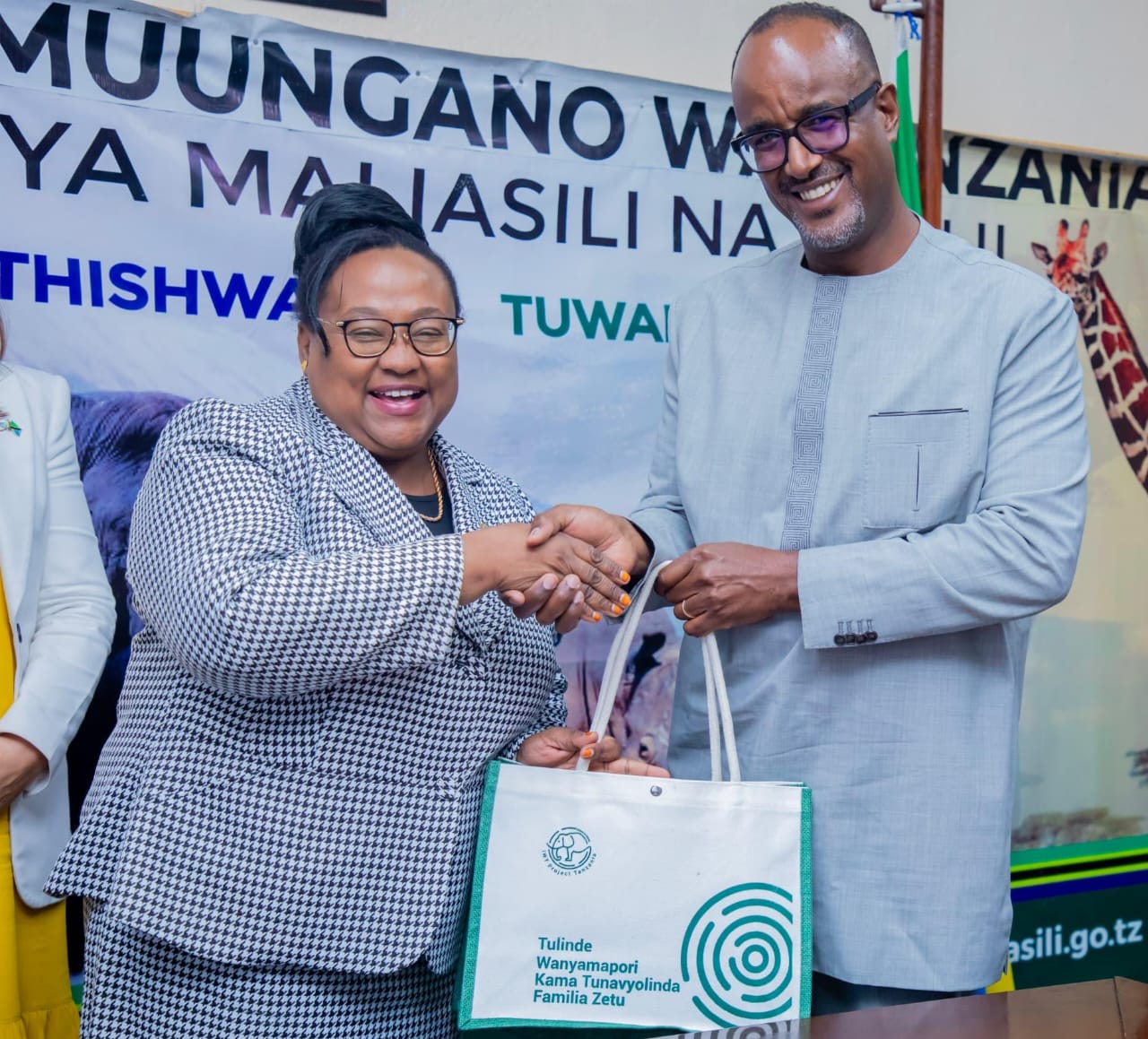
WAZIRI CHANA ATETA NA UJUMBE WA BENKI YA DUNIA

BRELA YAWATAKA WASANIFU MAJENGO NA WAJASIRIAMALI KUTUMIA VIZURI BUNIFU ZAO.

MONGELLA ATARAJIA KUFANYA ZIARA SHINYANGA.
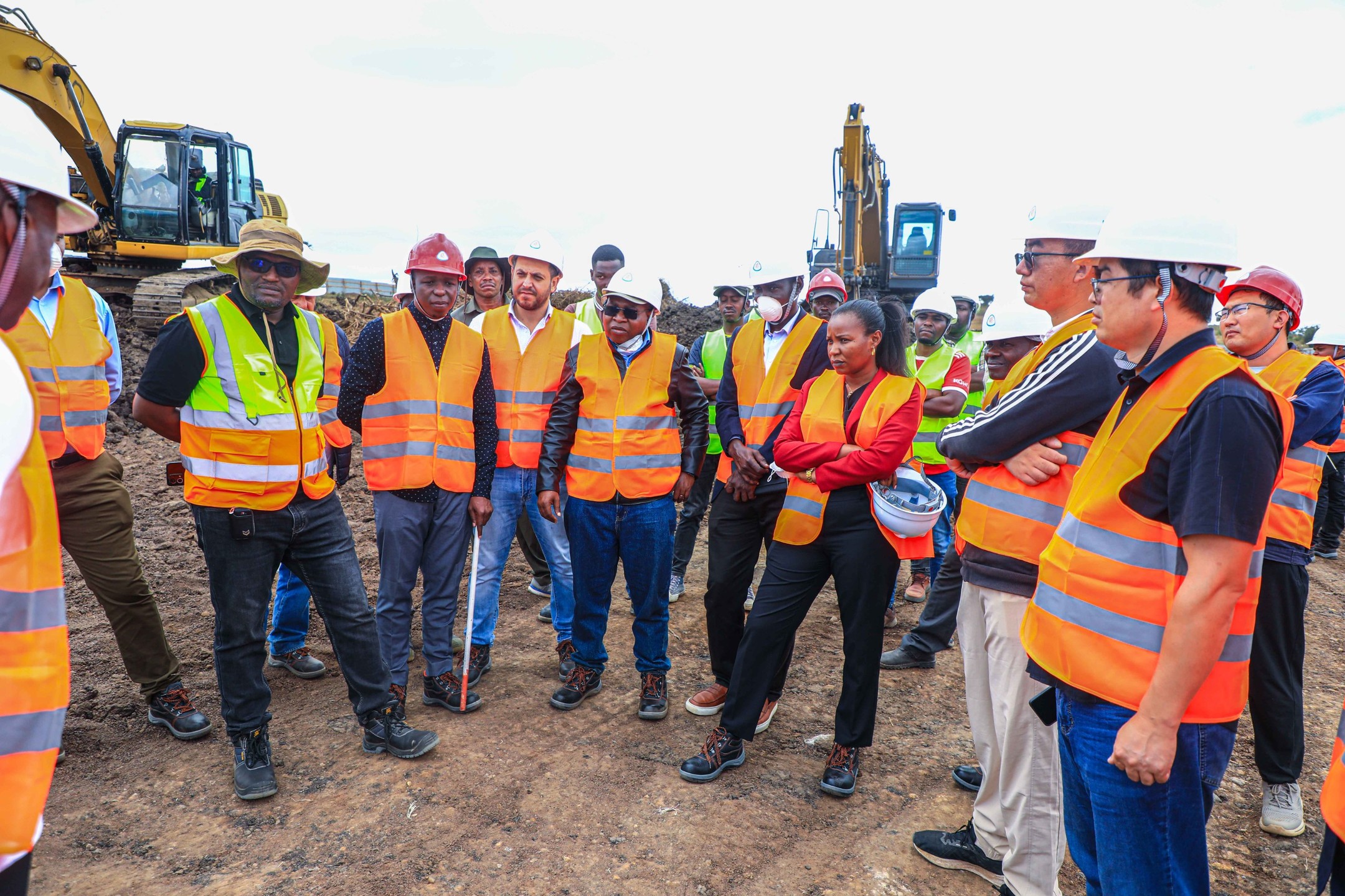
Dkt. Ndumbaro: Nitatembelea Mradi Huu Kila Baada ya Wiki Mbili

MCHENGERWA AZINDUA MFUMO WA KADI JANJA ZA MWENDOKASI AWATAKA DART NA UDART KUTATUA CHANGAMOTO YA UHABA WA MAGARI.
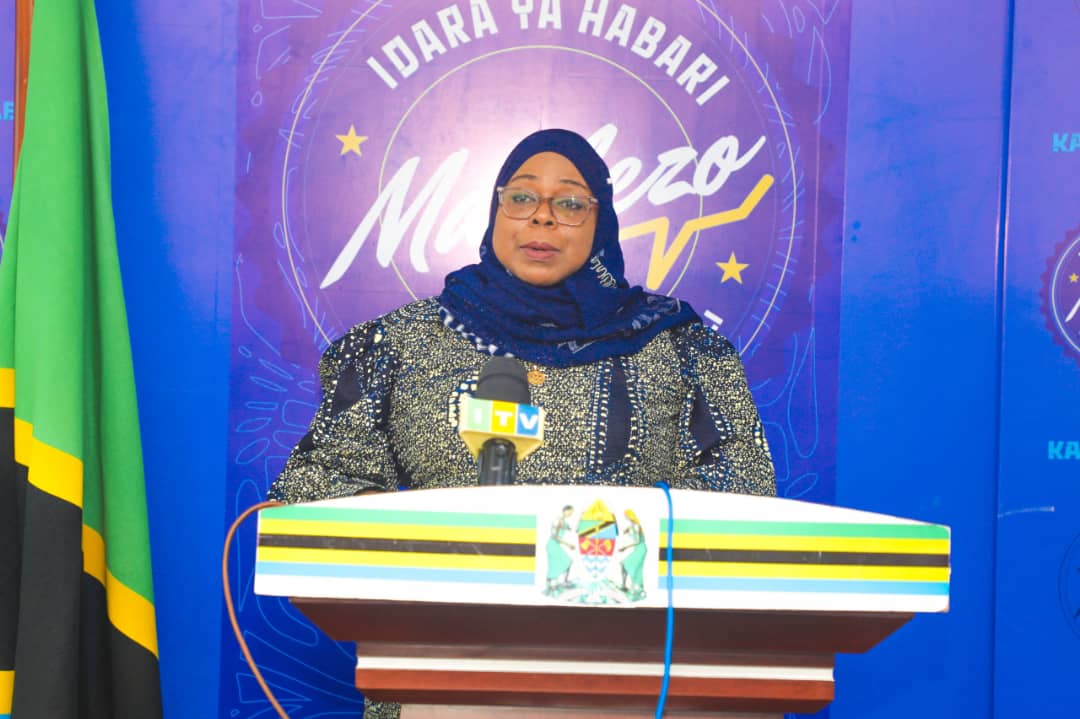
JUKWAA LA MWAKA LA MASHIRIKA YASIYO YAKISERIKALI KUFANYIKA DODOMA.

MCHENGERWA AZINDUA MFUMO WA KADI JANJA ZA MWENDOKASI AWATAKA DART NA UDART KUTATUA CHANGAMOTO YA UHABA WA MAGARI.
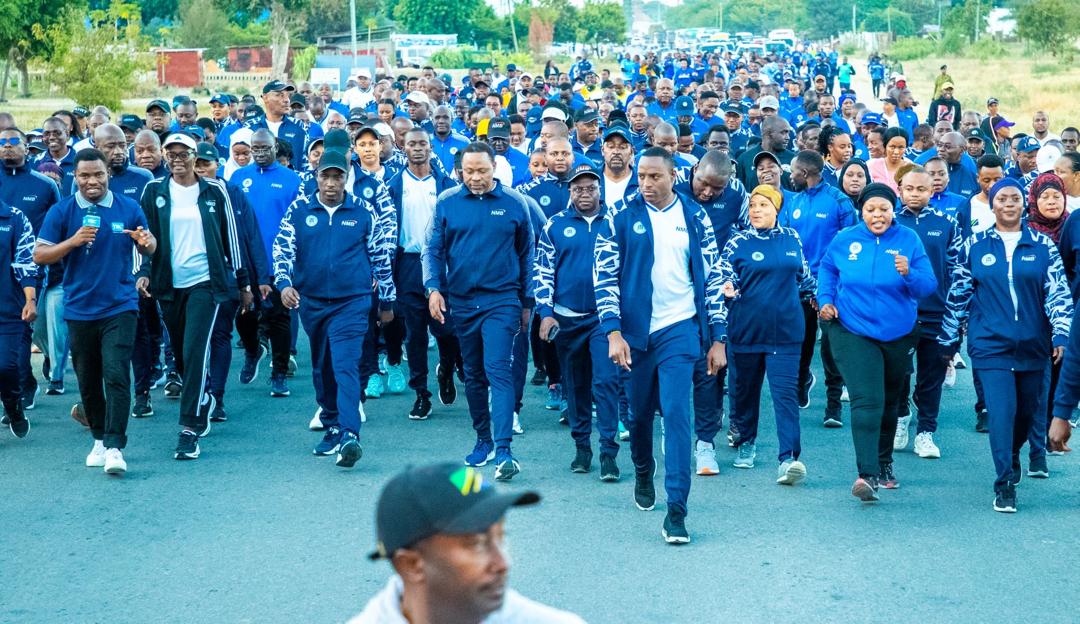
NMB BUNGE BONANZA KUSAIDIA UJENZI WA SHULE YA WAVULANA BUNGE.

Dkt. Ndumbaro: Nitatembelea Mradi Huu Kila Baada ya Wiki Mbili

BRELA YAWATAKA WASANIFU MAJENGO NA WAJASIRIAMALI KUTUMIA VIZURI BUNIFU ZAO.